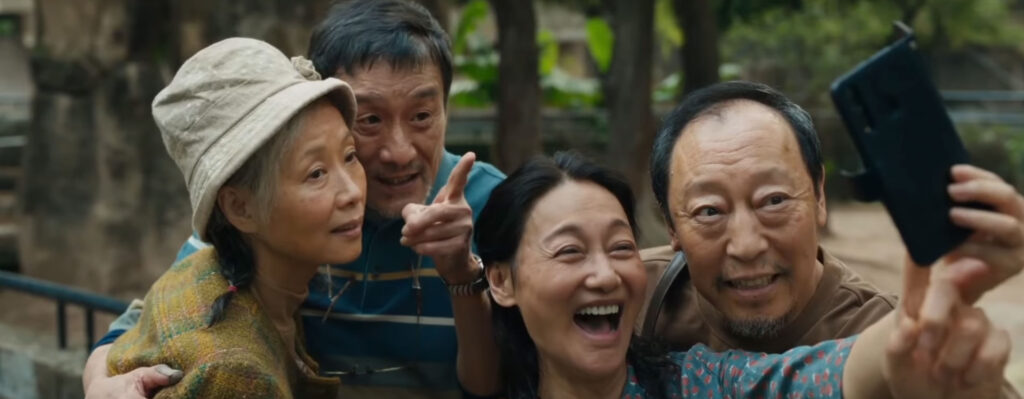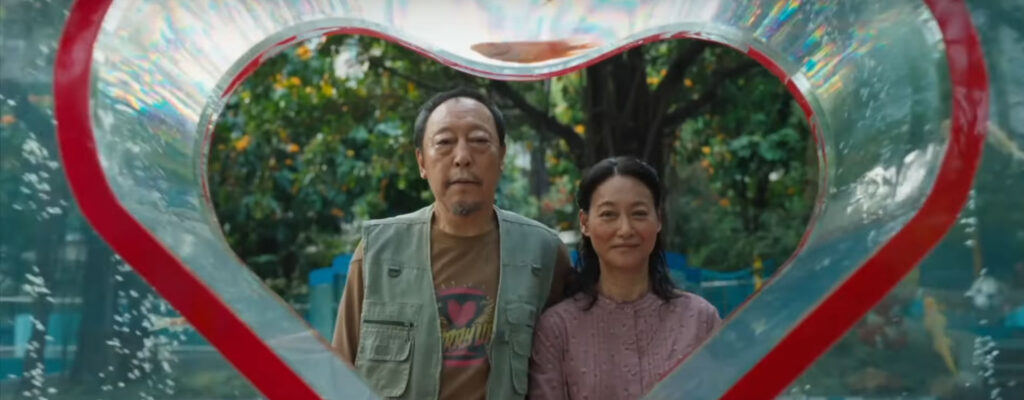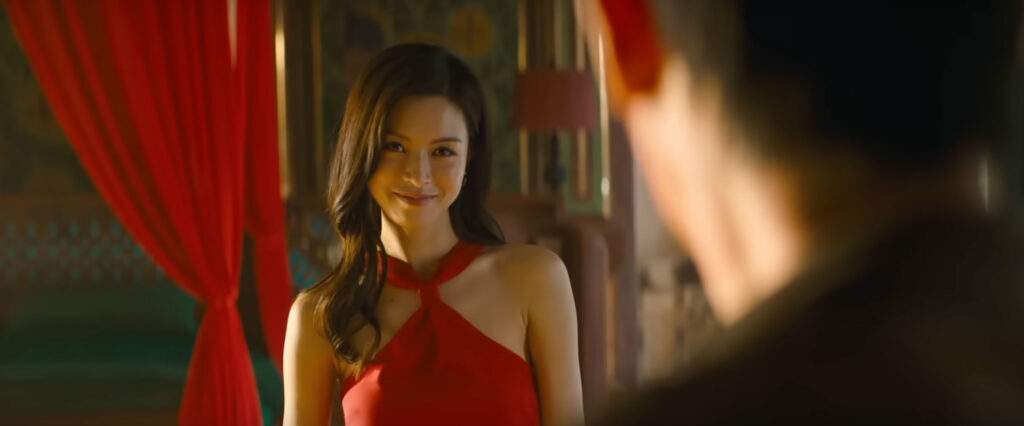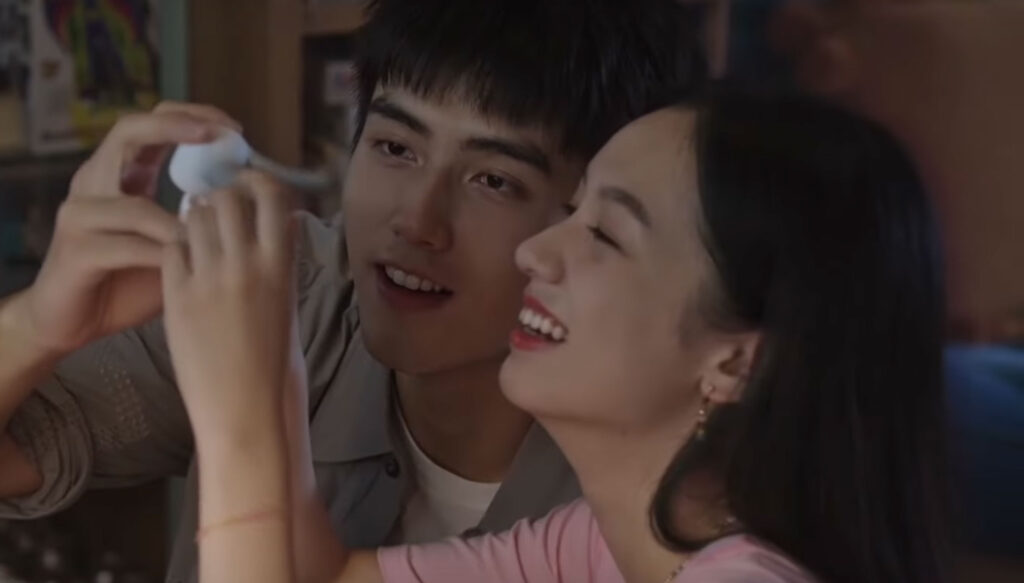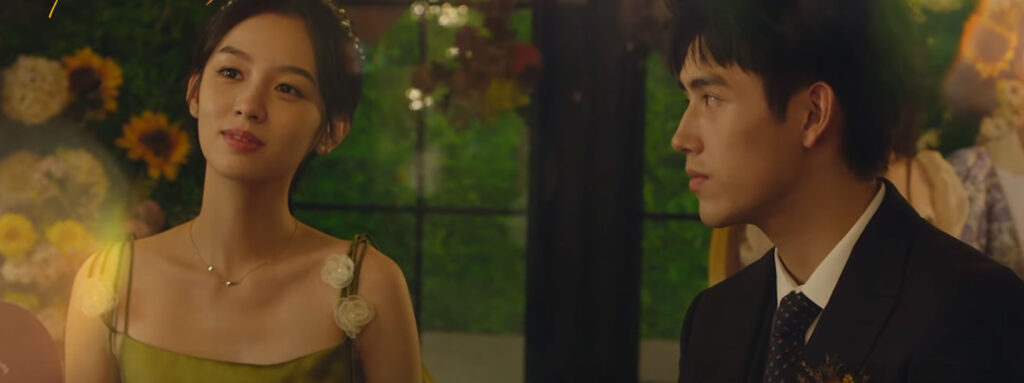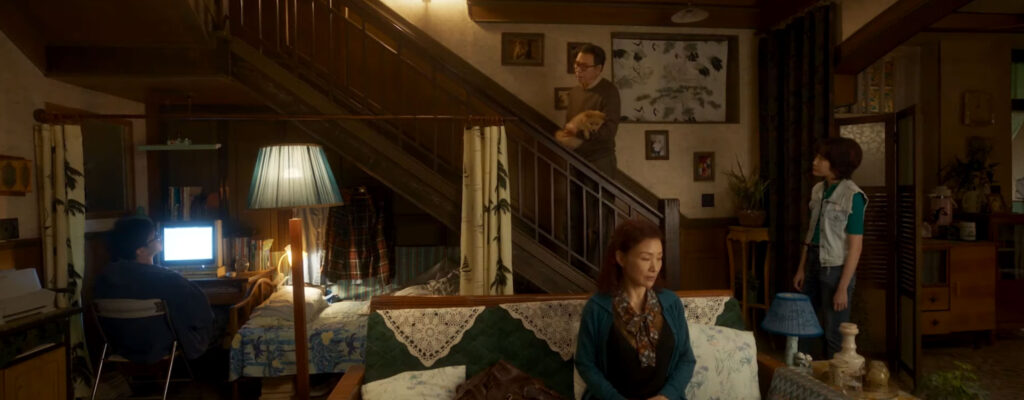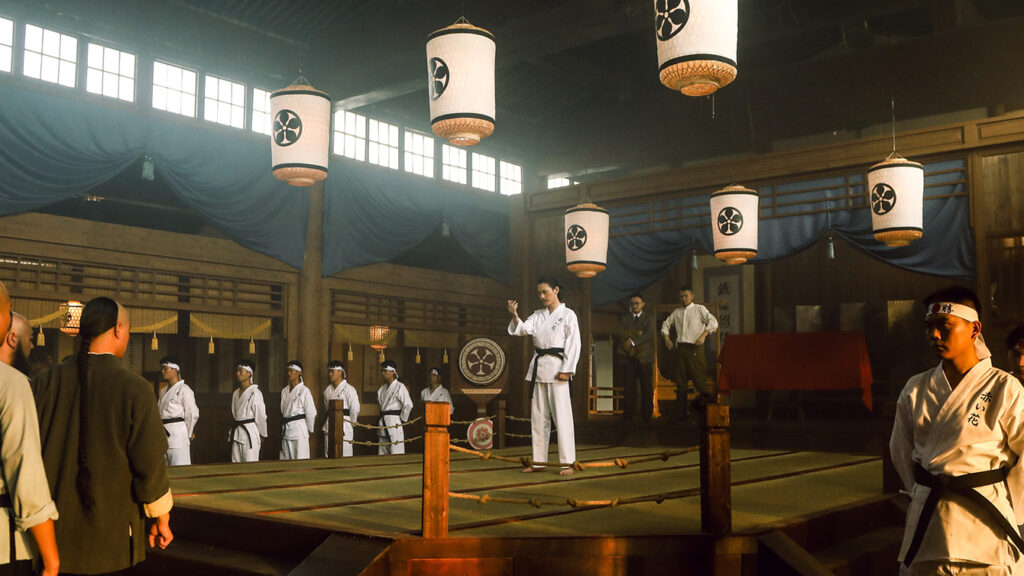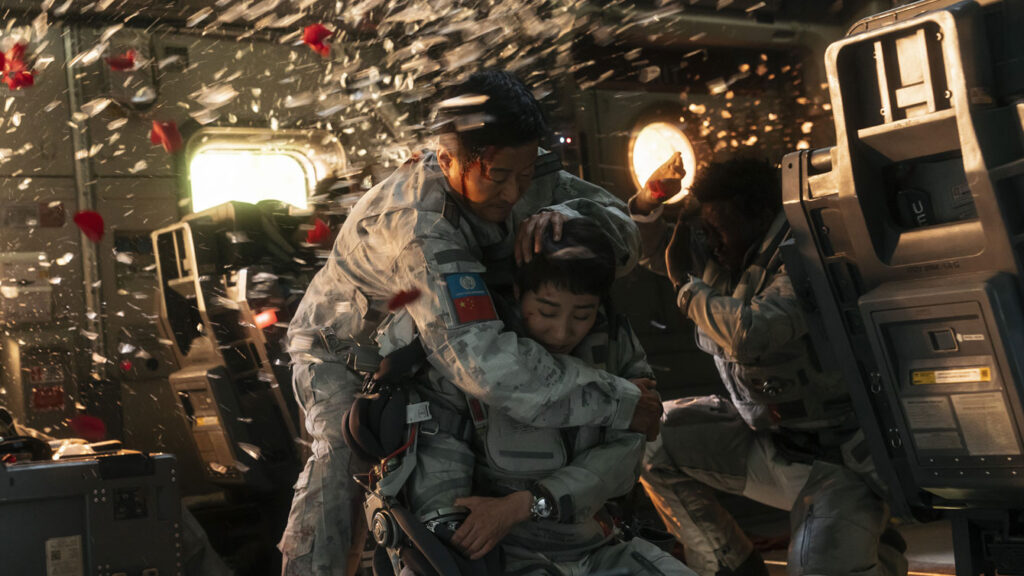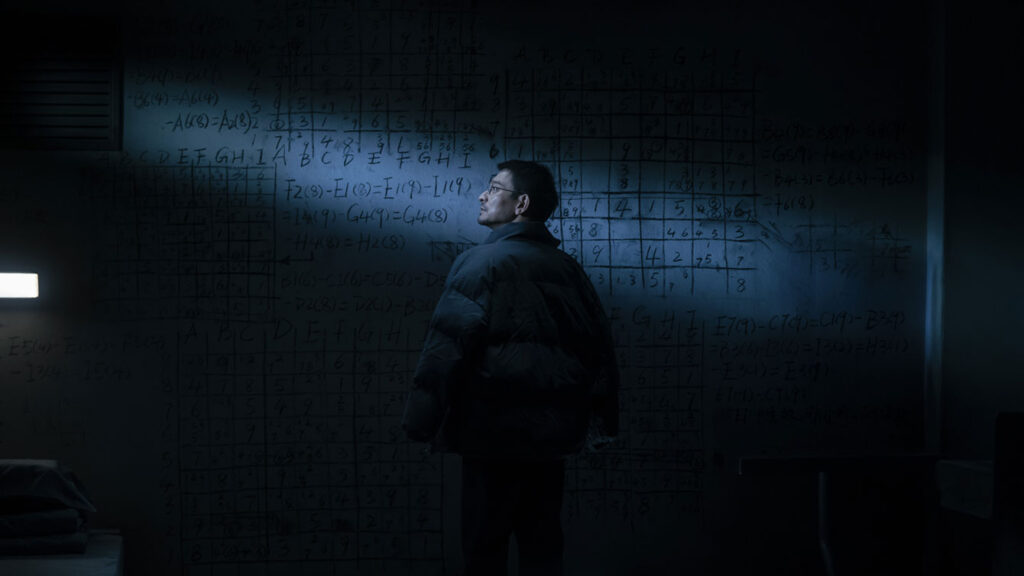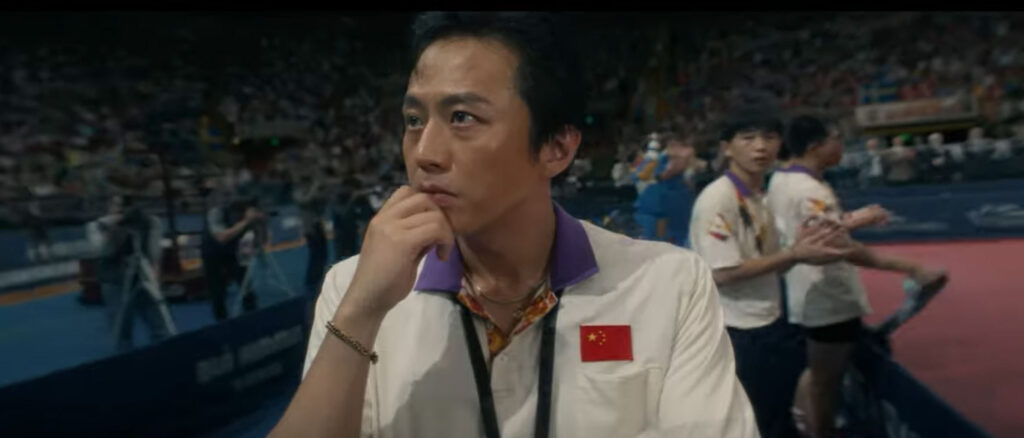July 22, 2023
by Carla Hay
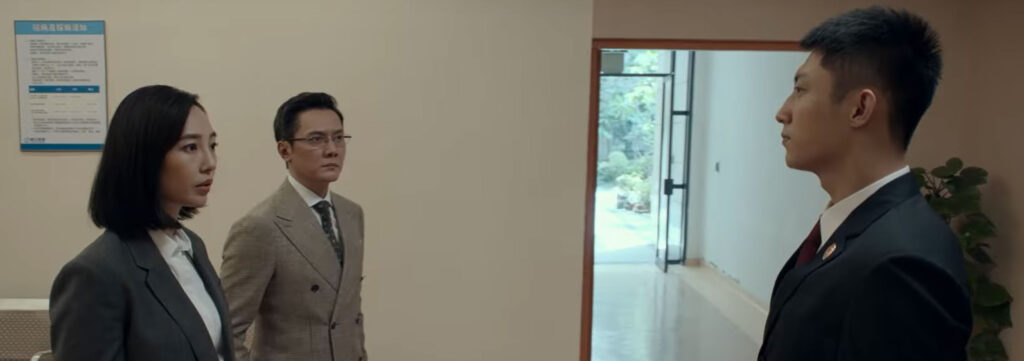
Directed by Alan Mak
Mandarin with subtitles
Culture Representation: Taking place in an unnamed city in China, the dramatic film “The Procurator” features an all-Asian cast of characters representing the working-class, middle-class and wealthy.
Culture Clash: A university professor goes on trial for murdering the wealthy man who was accused of raping one of her students, and an ambitious procurator finds out there’s more to the story.
Culture Audience: “The Procurator” will appeal primarily to people who like legal/crime dramas with plot twists and plenty of action.
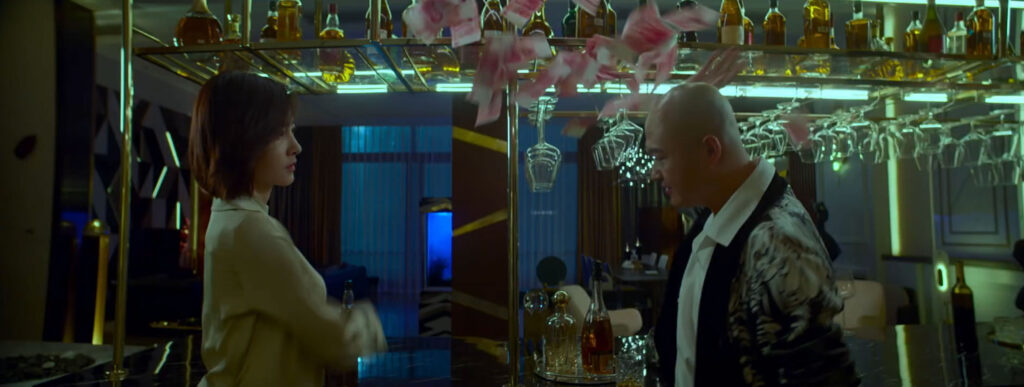
“The Procurator” is a very good but not outstanding legal thriller with some intriguing layers to the story. The movie starts off looking like it’s about one particular case, but the investigation reveals a lot more secrets. Solid acting and adrenaline-packed action make “The Procurator” better than the average film of this type, but the somewhat jumbled last 30 minutes of this nearly two-hour movie prevent “The Procurator” from being a classic film.
Directed by Alan Mak and written by Zhao Peng, “The Procurator” (which takes place in an unnamed city in China) begins by showing the opening day of a murder trial. The person on trial is a former university professor named Xia Wei (played by Wang Likun), who is accused of using an elegy stone to murder a wealthy and corrupt businessman named Chen Xin (played by Bao Bei’er), who had his own troubles with the law.
Not long before he was murdered, Xin was accused of raping a young woman named Ye Xiaohuan (played by Liang Song Qing), who owed him money. Xiaohuan was one of Wei’s students, and she committed suicide by slitting one of her wrists during one of Wei’s classes. Is it a coincidence? Wei has refused to talk to anyone during the trial. Is Wei’s silence all an act, or is Wei really going through an emotional trauma that has rendered her mute?
It’s shown fairly early in the movie that Xin did in fact rape Xiaohuan, but he intimidated her into changing her story, so the charges against him were dropped. The movie jumps back and forth in the timeline and has numerous flashbacks. Xin was a “loose cannon” business associate of Wei’s husband Hong Junshan (played by played by Feng Shaofeng, also known as William Feng), who is as smooth and polished as Xin was rough and uncouth. Wei, who has been married to Junshan for 20 years, never thought highly of Xin and called Xin a “beast.”
Junshan has been trying to form an alliance with the city’s mayor, Yan Zhi Tian (played by Wang Jin Song), who wants this very messy case to be resolved as soon as possible. Junshan has a younger brother named Hong Qiming (played by Su Ke), who works with Junshan. The two brothers have a close bond and are very loyal to each other. A flashback shows that one of the things that Junshan and Hong did together when they were younger was go on an archeological dig with a professor named Lu Yongqiang (played by Zong Fengyan), whom Junshan met through Wei.
The lead procurator (a prosecutor who is also an investigator) in Wei’s murder trial is Ou Sheng (played by Johnny Wang), who is smart, resourceful and ambitious. He firmly believes that Wei is guilty of murder, and he’s determined to prove it and win the case. Li You Cheng (played by Wang Qian Yuan) is Sheng’s supervisor, who can be tough and impatient.
It just so happens that Wei’s defense attorney is Sheng’s ex-girlfriend Tong Yu Chen (played by Bai Bai He), whom Sheng dated when they were both university students. Chen is also very intelligent and competitive about winning the case. Fueling this rivalry is the fact that Sheng and Chen both have unresolved issues over their breakup.
“The Procurator” alternates between showing the trial, showing the investigations that uncover more evidence, and showing some of the events that led up to the trial. All of the cast members deliver believable performances, although Bao is a little over-the-top in portraying sleazy villain Xin. “The Procurator” is a slick, sometimes-violent thriller that should please viewers who don’t want the answers to murder mysteries to be too obvious.
China Lion Film Distribution released “The Procurator” in select U.S. cinemas on June 23, 2023. The movie was released in China on April 29, 2023.

